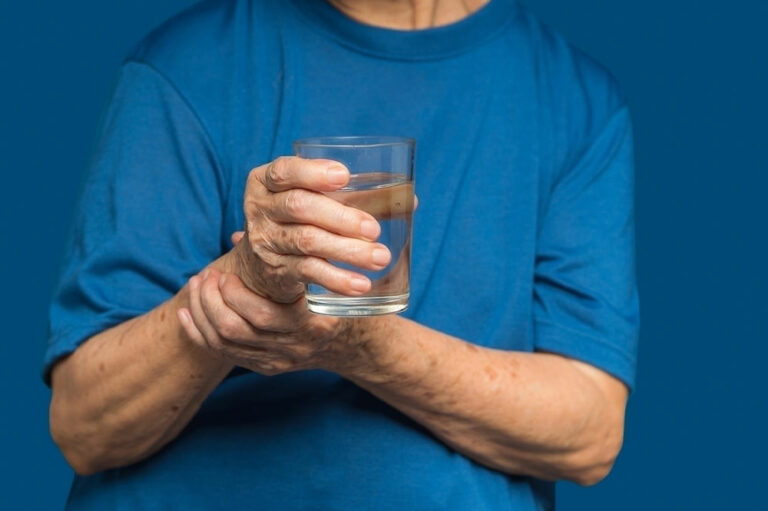
11 early signs of Parkinson’s to never ignore
Parkinson’s is a neurological disorder that primarily disrupts communication from the brain resulting in uncontrolled and unexpected movements. It affects specific neurons that carry the signals and impulses from the brain to control vital organs and functions. Parkinson’s is progressive disorder, and there is no cure for the condition yet. However, knowing and identifying many early symptoms is beneficial to improve the outlook on living with the condition. Here are 11 early warning signs to never ignore. Tremors Resting tremors are among the first warning signs of developing Parkinson’s. These tremors are not noticeable when the person is using the hand but show up as soon as it is in a more relaxed position. The uncontrolled shaking starts with the thumb and progresses to affect the entire hand. Severe rigidity The rigidity of the muscle groups and joints also indicates developing Parkinson’s problems. These discomforts significantly impact simple day-to-day actions like buttoning up shirts, picking up objects, or gripping things in general. These symptoms are even more problematic when combined with the tremors that develop on and off abruptly. Such muscle problems can deeply impact a person’s psyche as well. Balance issues Parkinson’s also impacts a person’s balance as it interferes with the brain and body’s coordination to send and receive signals that control gait.
Read More 










